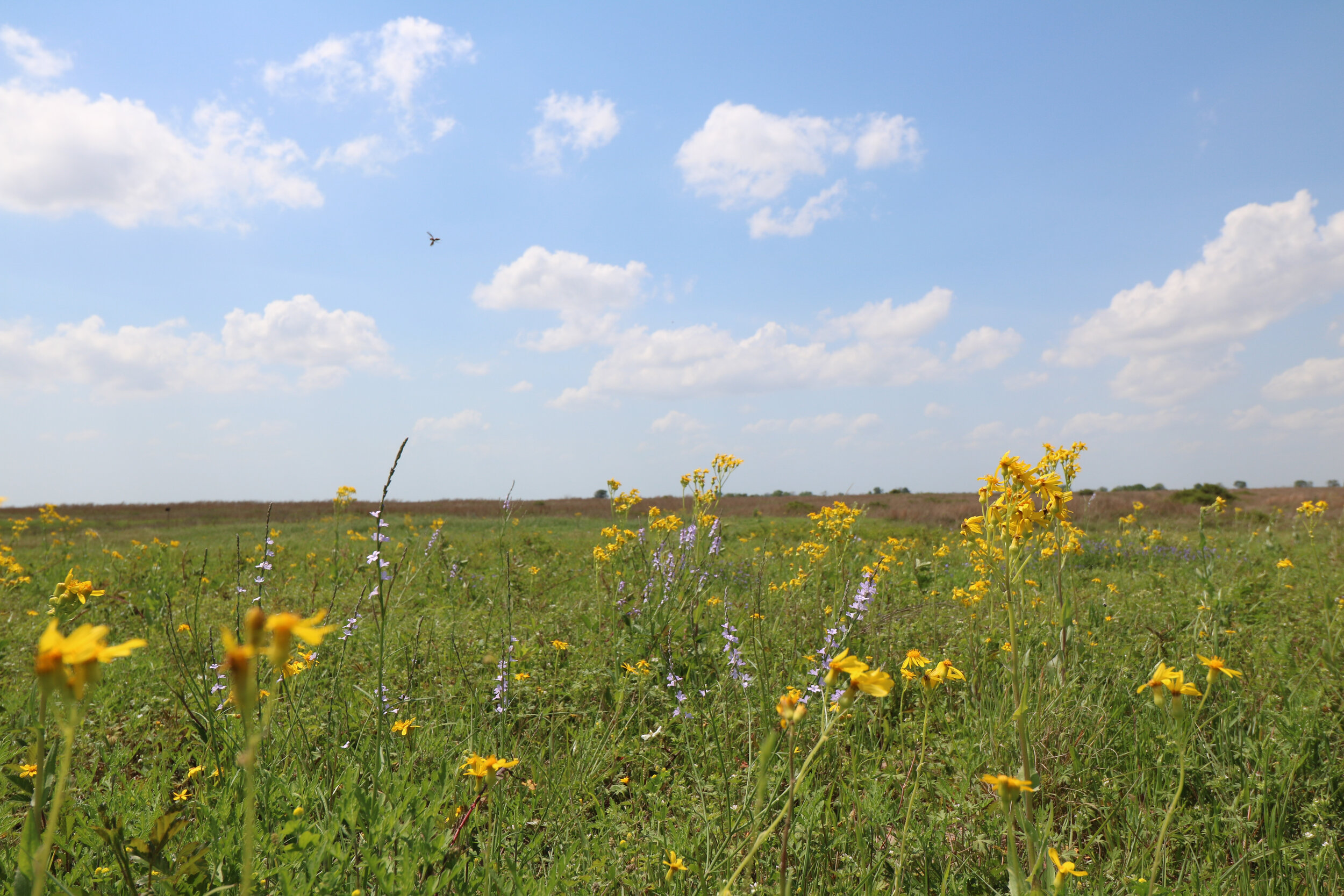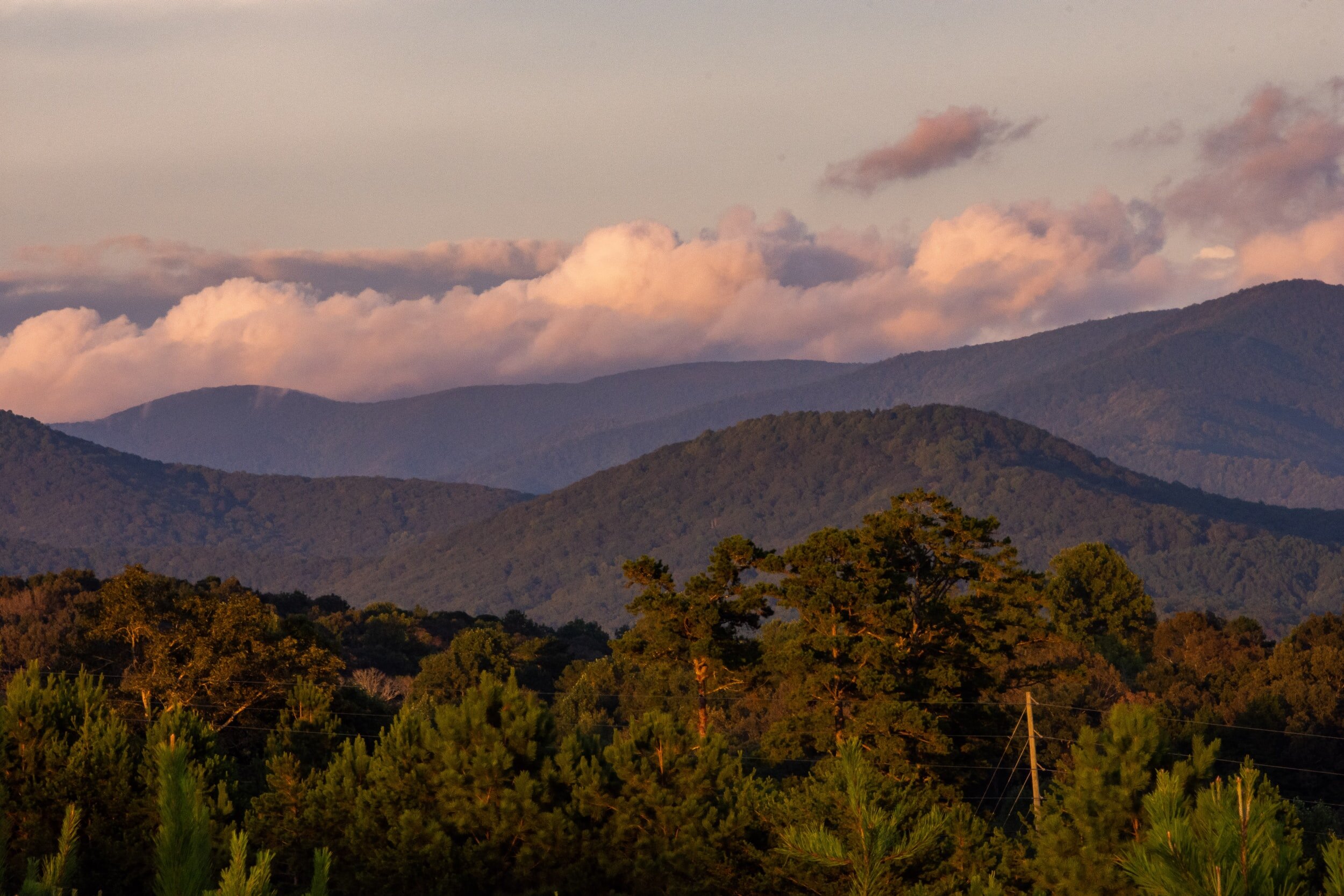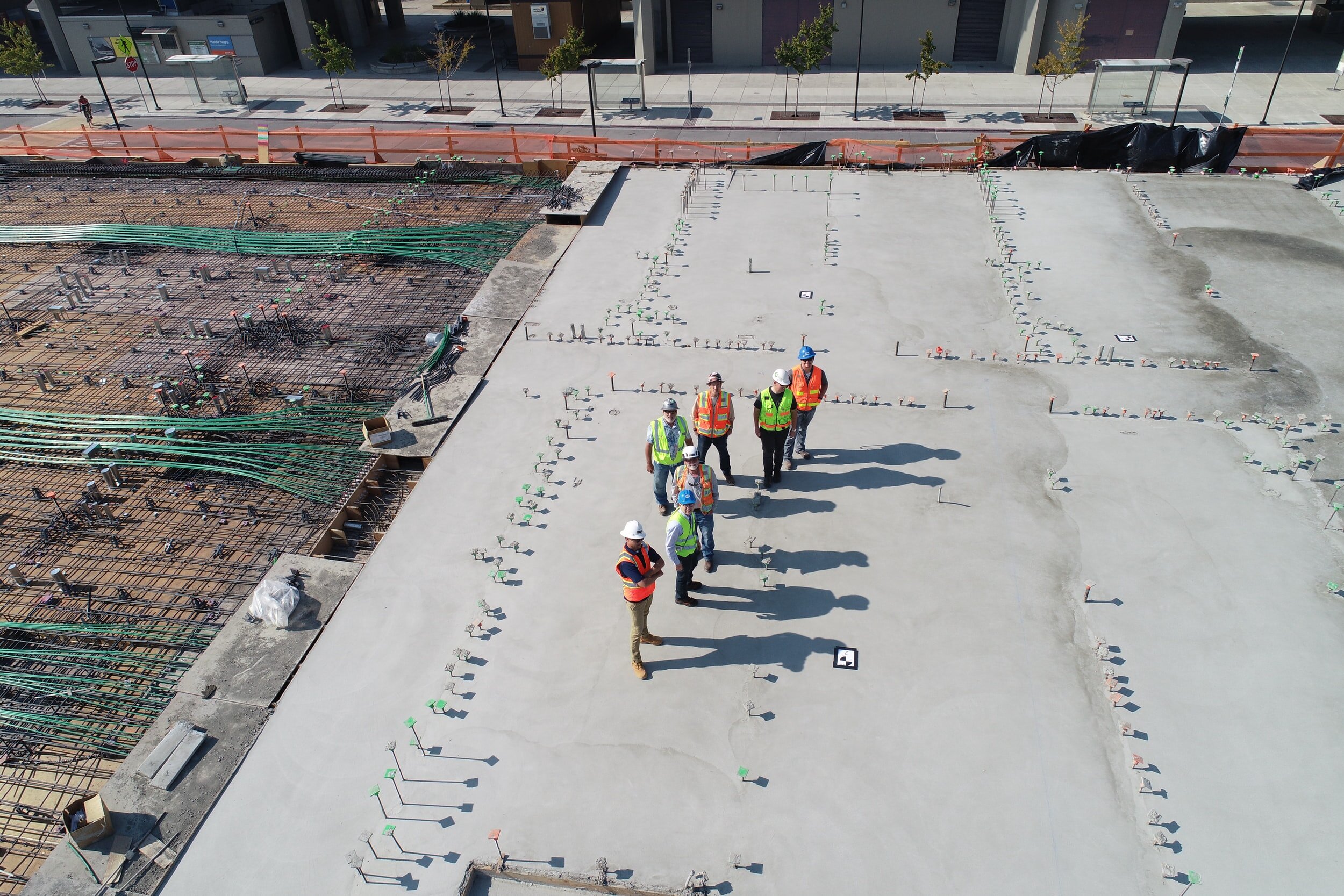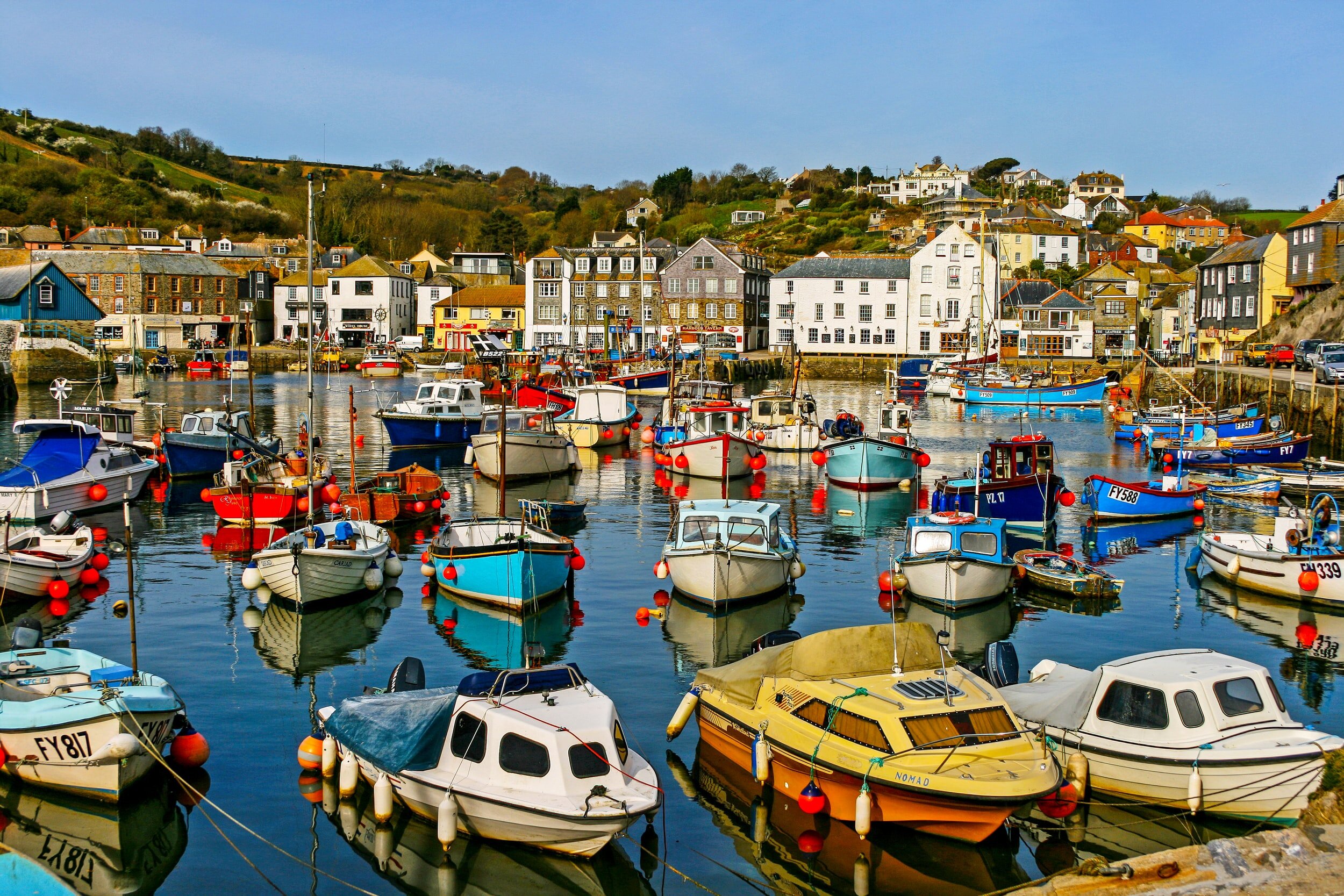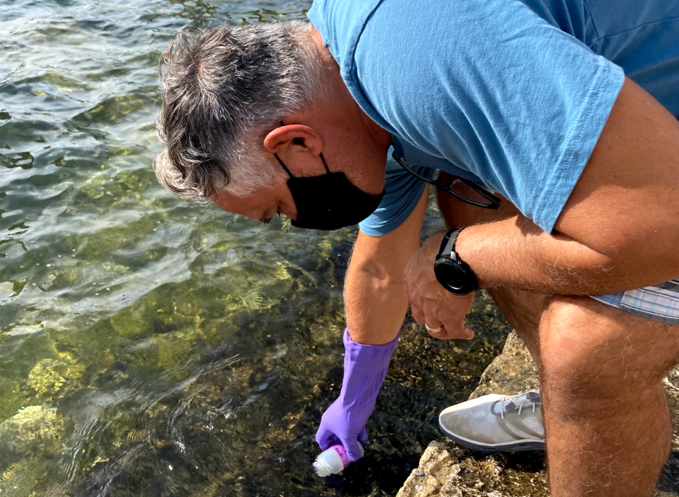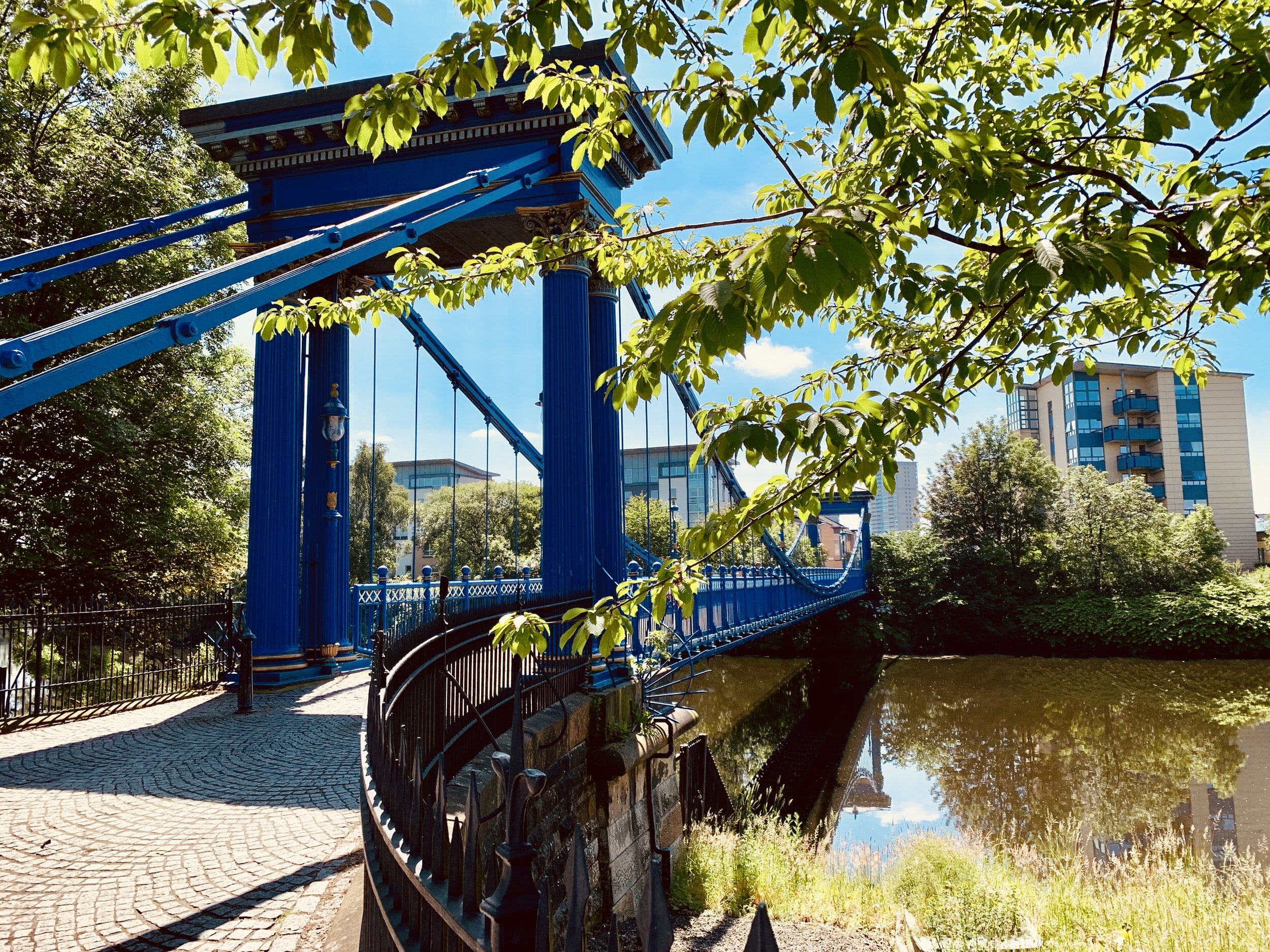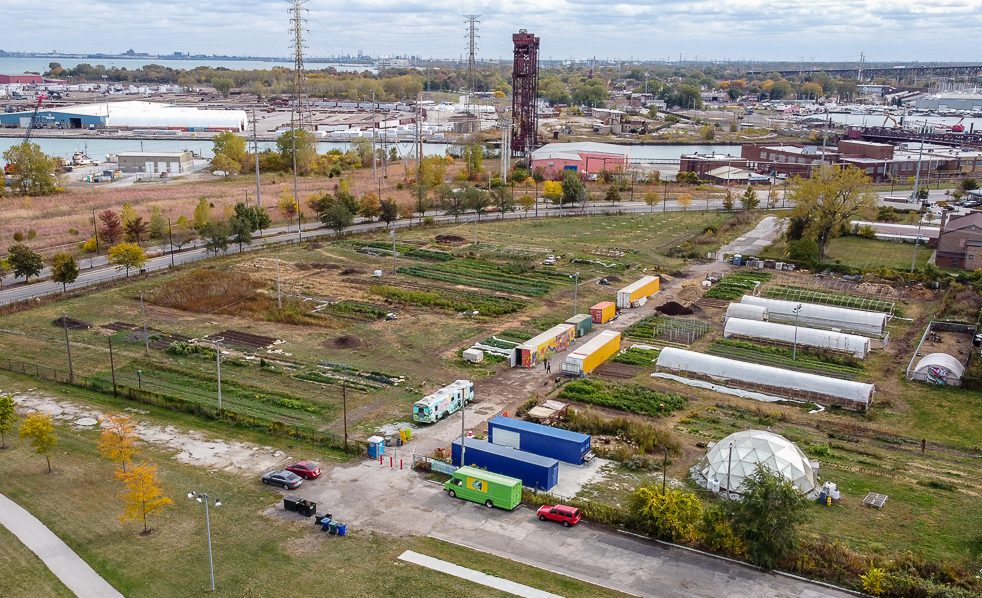
Finalists
The Cup celebrates existing partnerships between research organisations, civic authorities and local communities in the UK and US, tackling two categories:
-
Achieving net zero: Projects that are helping reduce emissions at a local or regional level to achieve net zero
-
Climate change adaptation: Projects that are working with communities in regions affected by climate change to mitigate or adapt to the effects it is having
We shortlisted twelve Finalists who showcased their projects to an audience of global change-makers at COP26.
Meet the 2021 winners
One winning partnership from each category has won the first ever prestigious Climate Challenge Cup in recognition of their outstanding innovative project which has the potential to be scaled.
The winning projects are:
-
Achieving net zero: Concrete4Change Net zero concrete for construction, UK
-
Climate change adaptation: Green Era Renewable Energy and Urban Farm Campus, US


